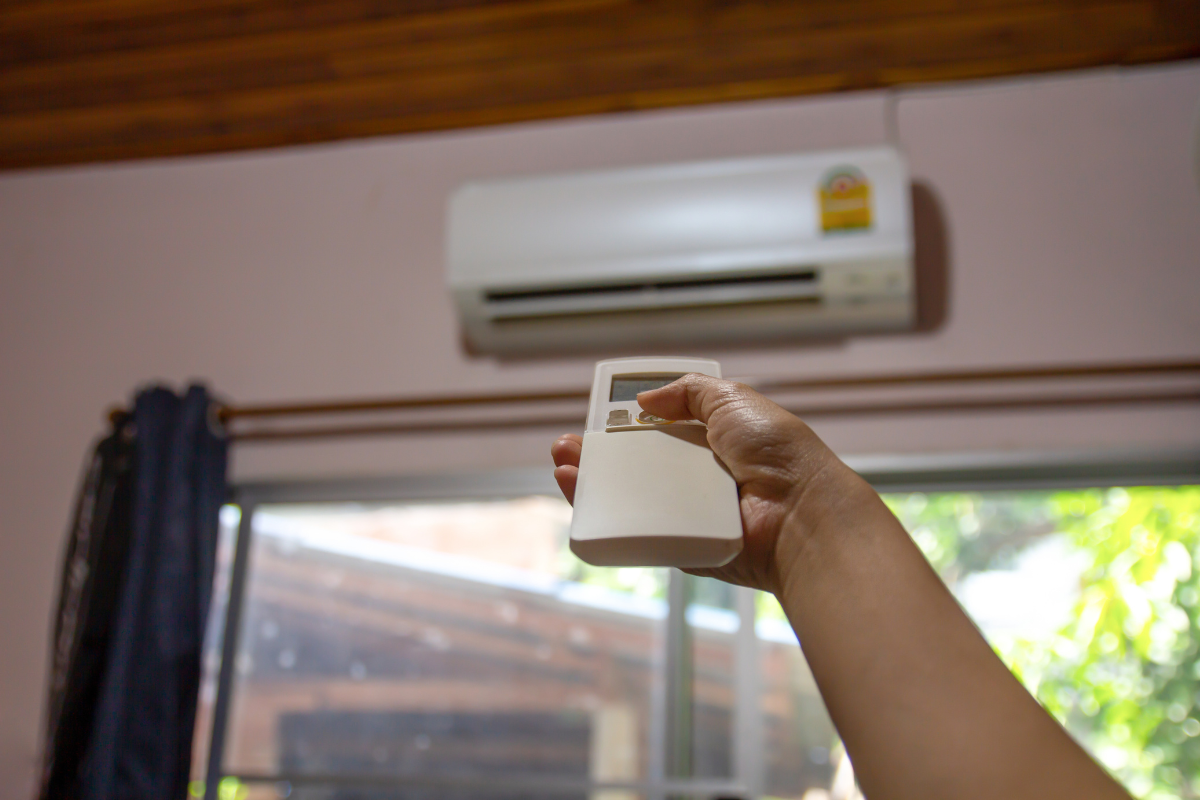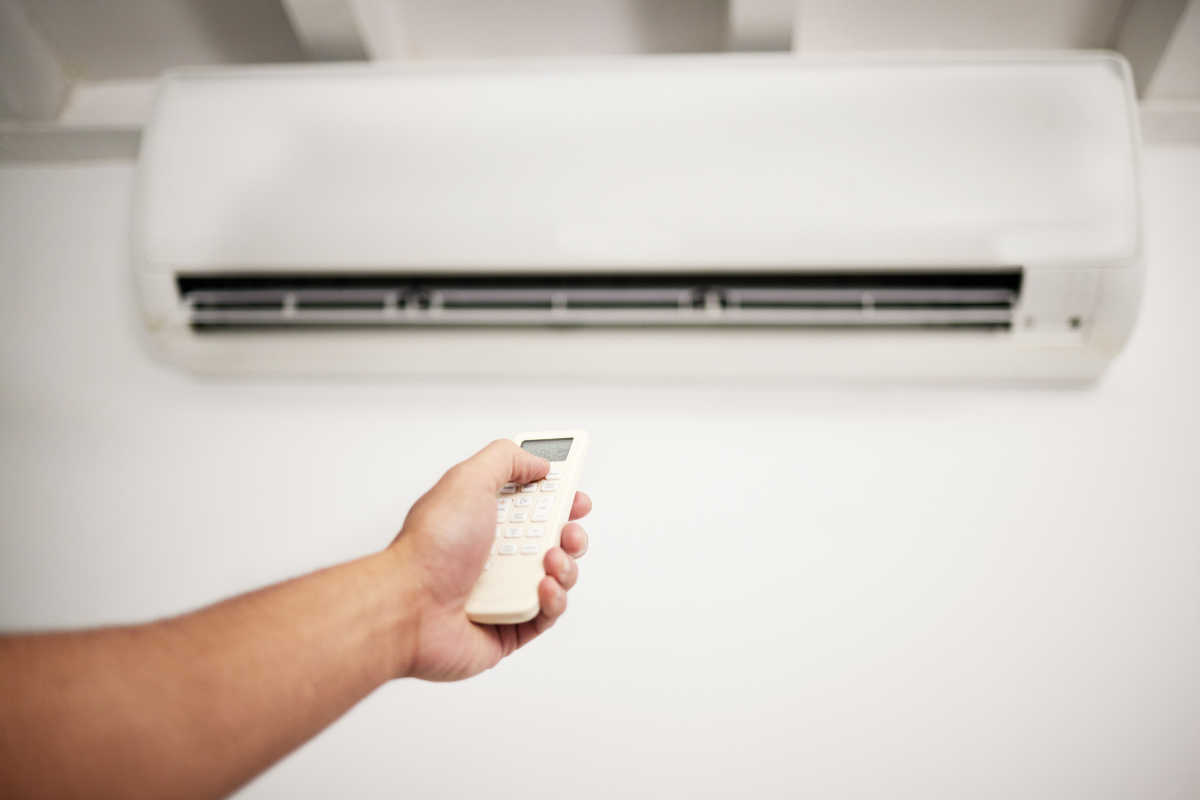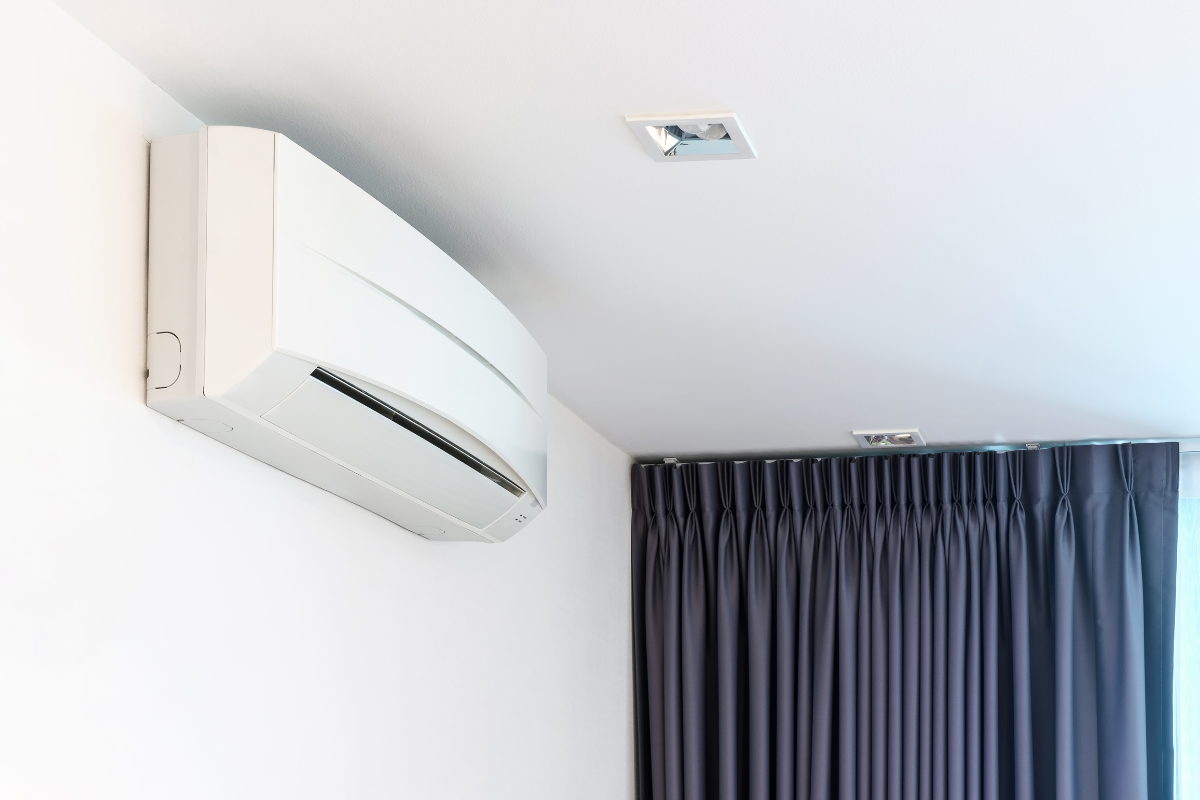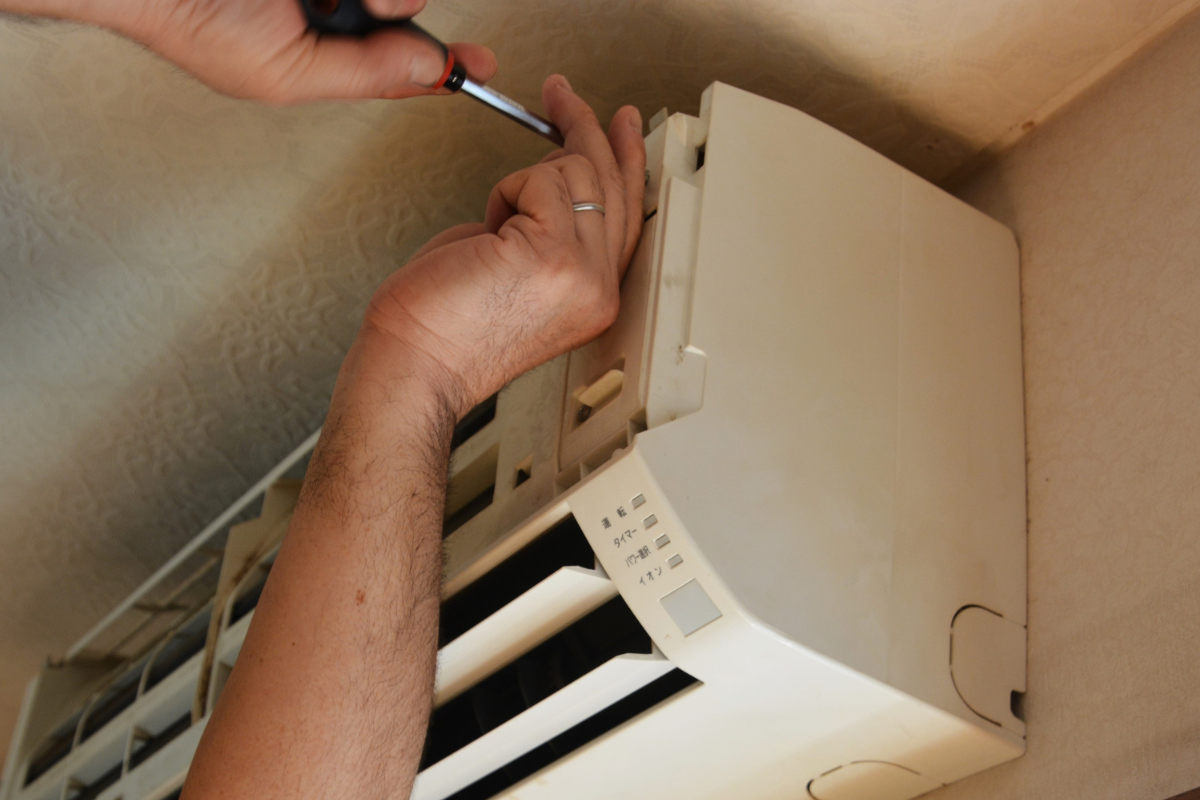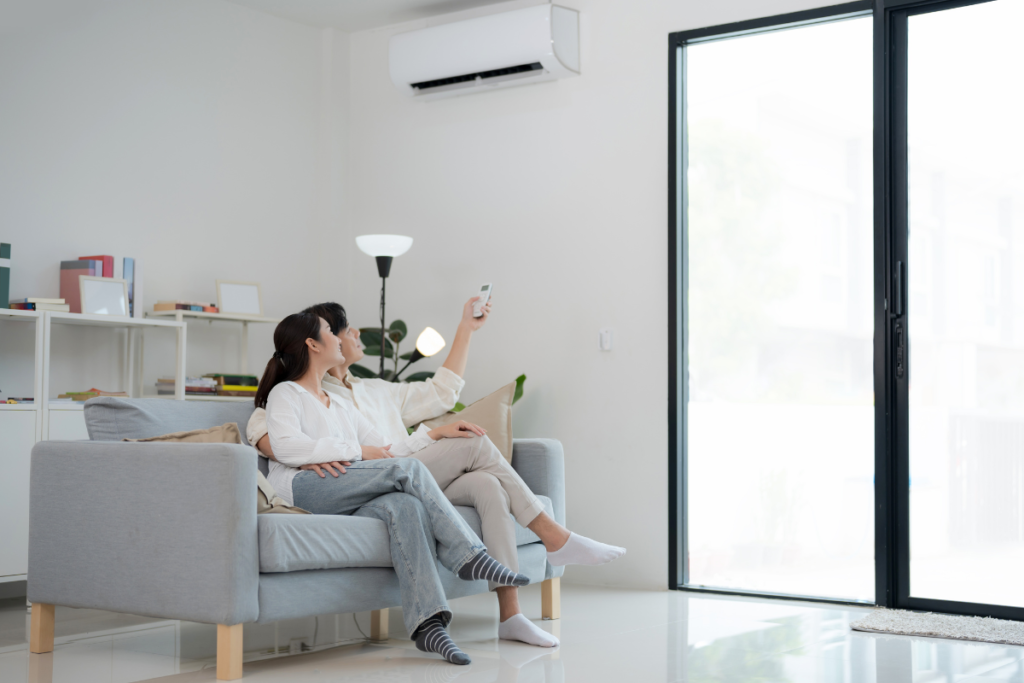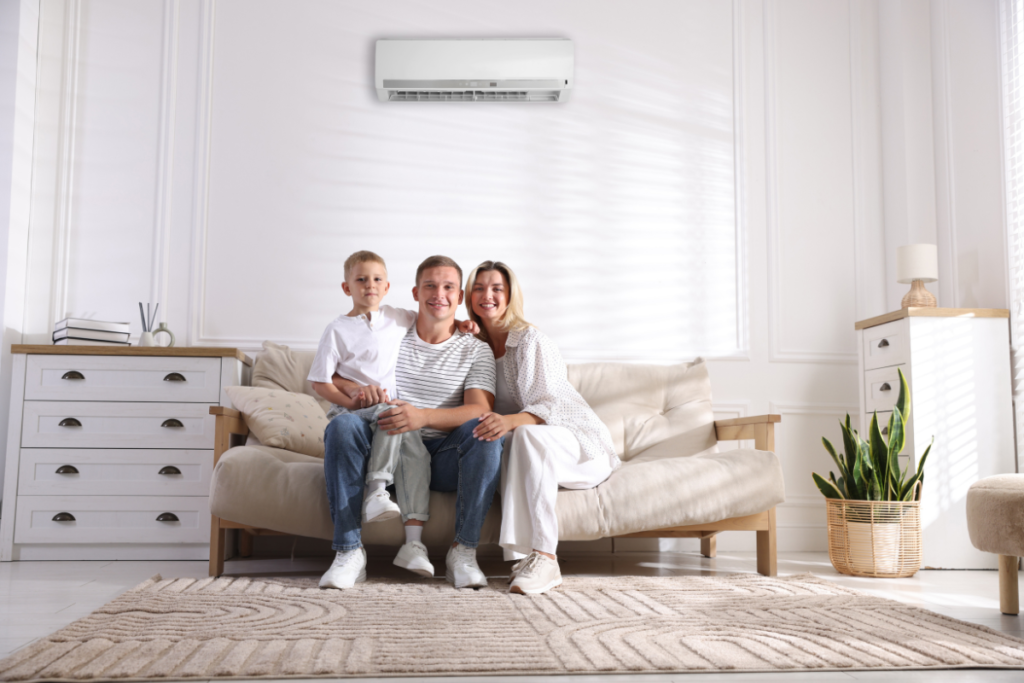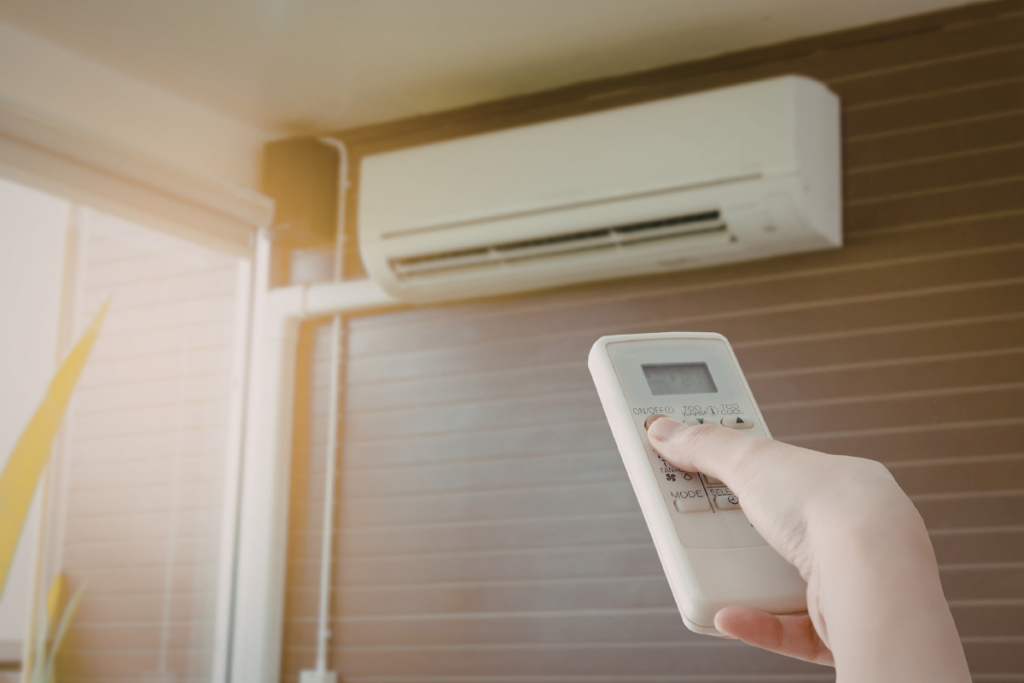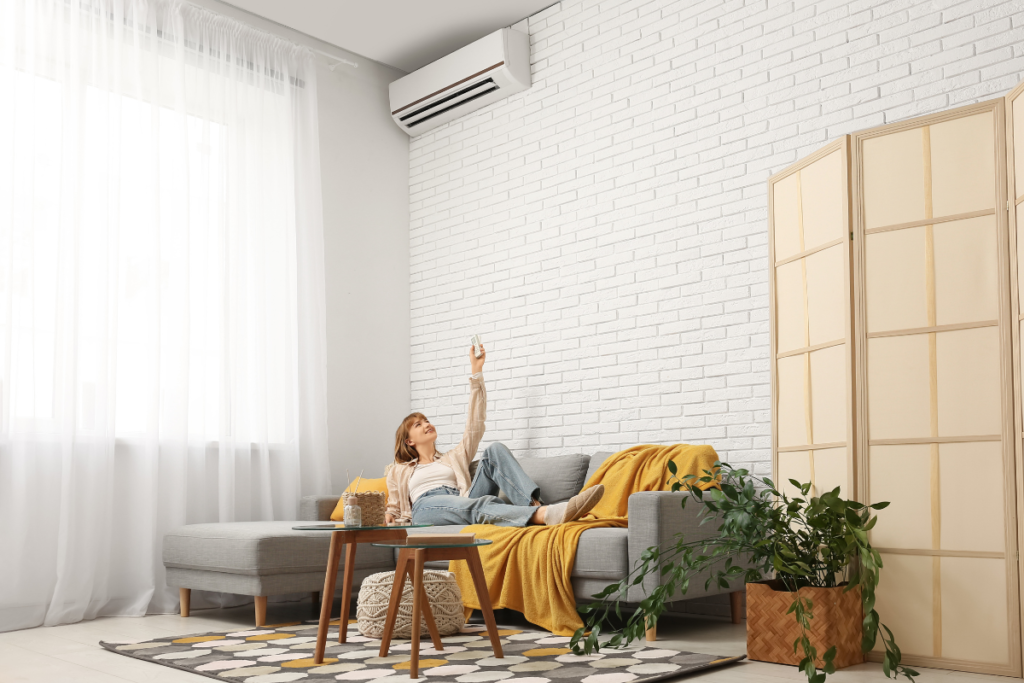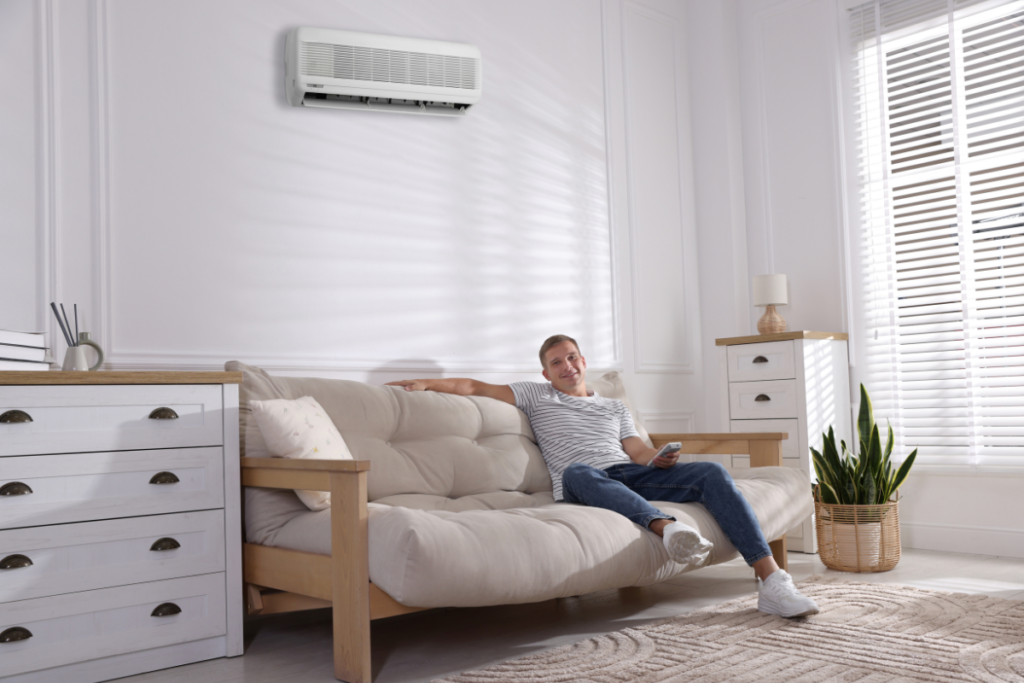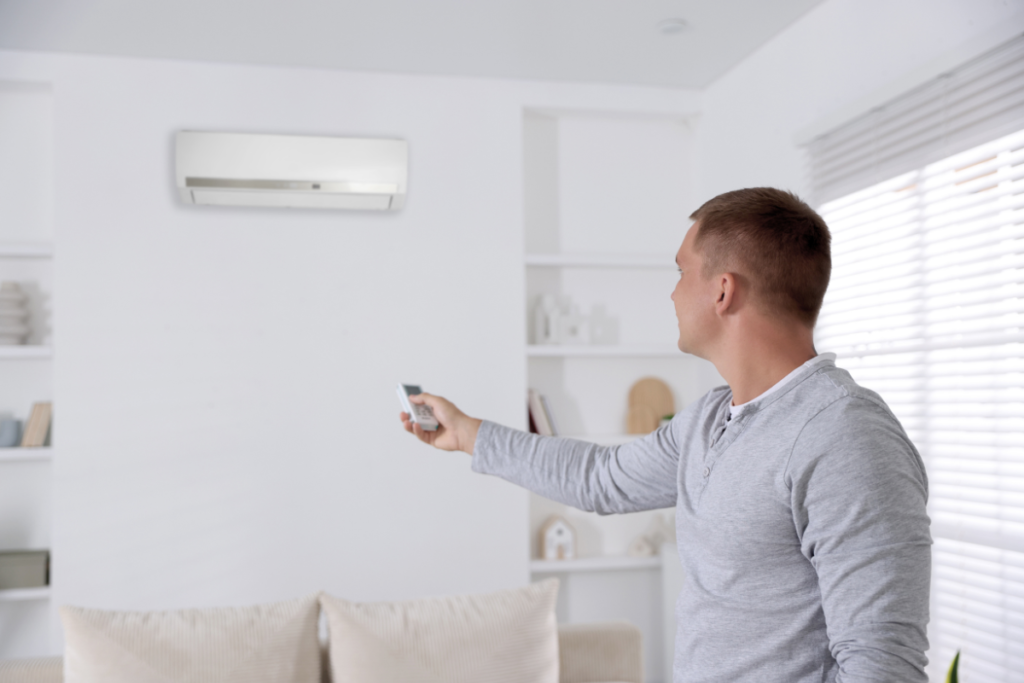Finding the right classroom temperature is more than a comfort issue, it’s about protecting health, focus, and wellbeing of preschool children. Because young learners are especially sensitive to heat and cold, schools on the Gold Coast need dependable systems to keep their classrooms steady year-round. That’s where professional air conditioning Gold Coast services, like those provided by DEEPCHILL, play an important role.
Table of contents
Why classroom temperature matters
Preschool classrooms are different from ordinary spaces. Young children are still developing their ability to regulate body heat, making them more sensitive to changes in the environment. A room that feels fine for adults may be too warm or too cold for little learners. At DEEPCHILL, with nearly 40 years serving the community with air conditioning Gold Coast solutions, we’ve seen how the right temperature setting impacts comfort, focus, and even health.
Recommended temperature settings for classroom
Experts recommend maintaining a steady and comfortable range:
- Summer: Around 26°C is considered the ideal classroom temperature. At this level, children can stay cool without being exposed to overly cold air.
- Winter: Around 21°C provides enough warmth to keep preschoolers comfortable without overheating the room.
These adjustments are simple but powerful. With a reliable air conditioning system, schools can switch between these settings seasonally, ensuring classrooms stay safe and consistent all year round.
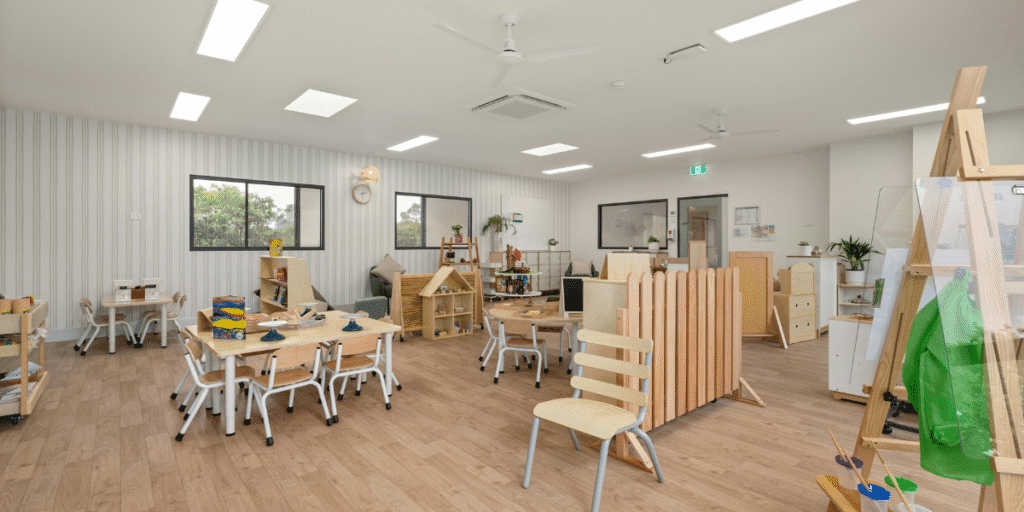
Risks of going higher or lower temperature
Maintaining the right classroom temperature is not only about comfort, it’s also about health and learning outcomes.
- Too Hot: If a classroom rises above 28°C in summer, preschoolers can become irritable, dehydrated, or fatigued. Heat can also reduce attention spans and increase the risk of heat stress.
- Too Cold: On the other hand, if winter settings drop below 20°C, children may struggle to concentrate, shiver, or catch colds more easily. Prolonged exposure to chilly air can also affect sleep patterns and immune function.
Creating a stable environment in classroom with air conditioning
Every school building is unique, and factors like classroom size, windows, insulation, and daily activity levels all influence indoor climate. That’s why partnering with a trusted air conditioning Gold Coast expert matters. The right system can:
- Keep classrooms stable at 26°C in summer and 21°C in winter.
- Adjust humidity levels, preventing stuffiness and dry air.
- Improve air circulation for fresher, healthier classrooms.
- Reduce energy costs with modern, efficient units.
Conclusion
The ideal classroom temperature for preschool children is simple but crucial: around 26°C in summer and 21°C in winter. With properly designed air conditioning, schools can protect children’s comfort, safety, and ability to learn. For Gold Coast preschools, DEEPCHILL is here to provide tailored solutions backed by decades of local expertise.


